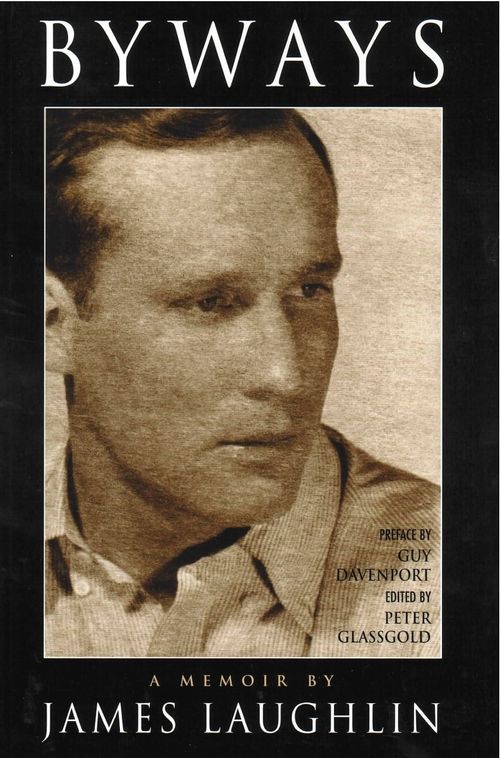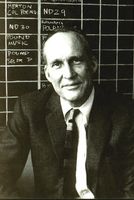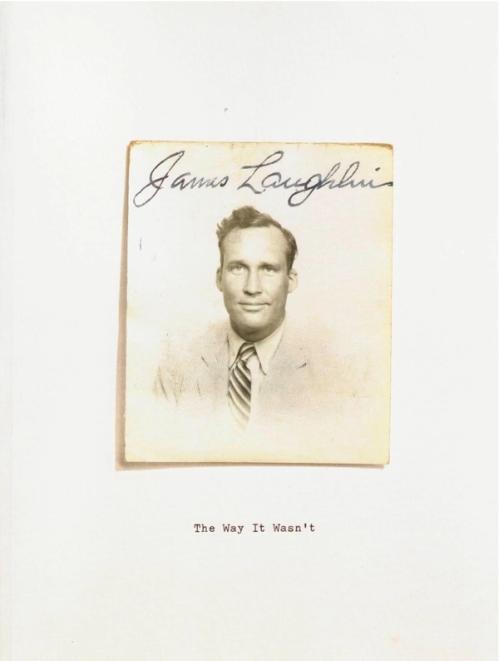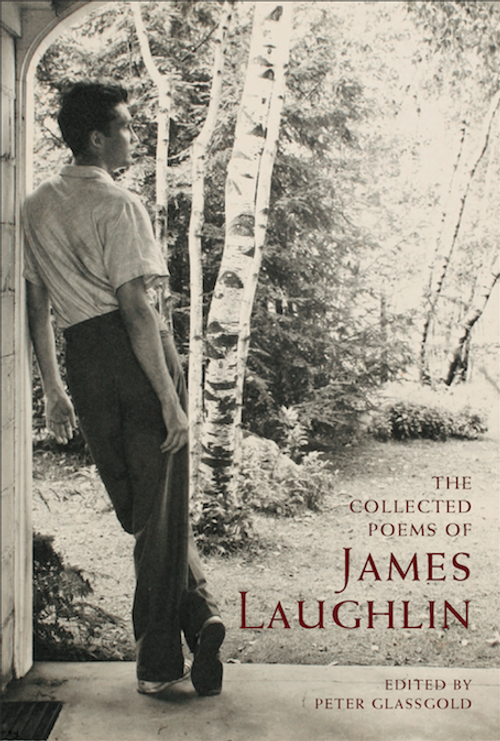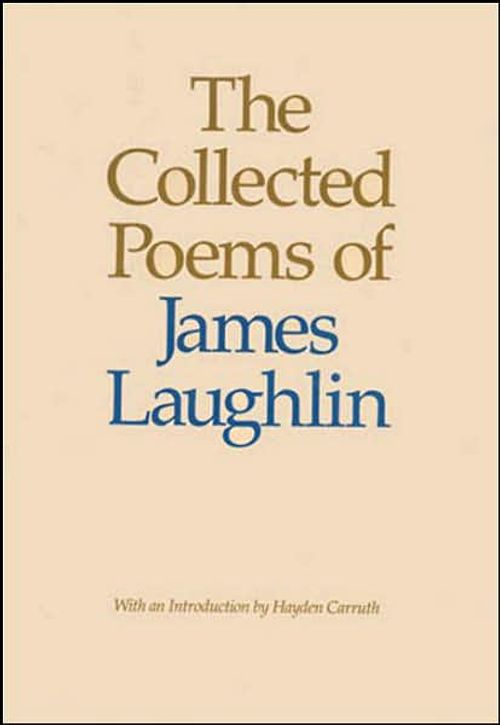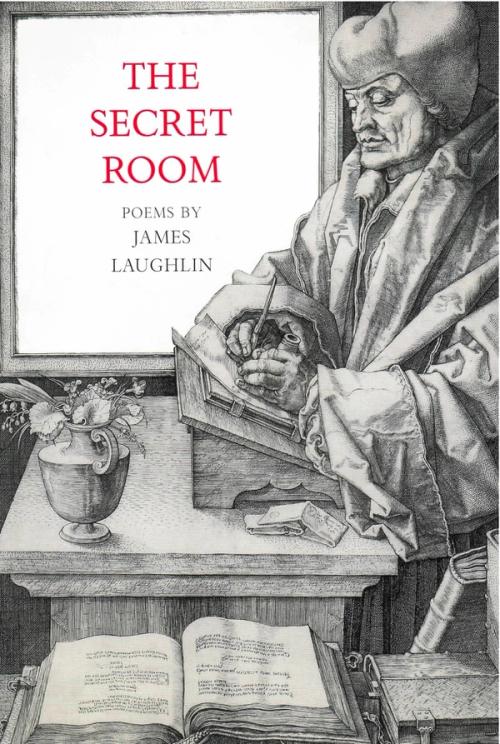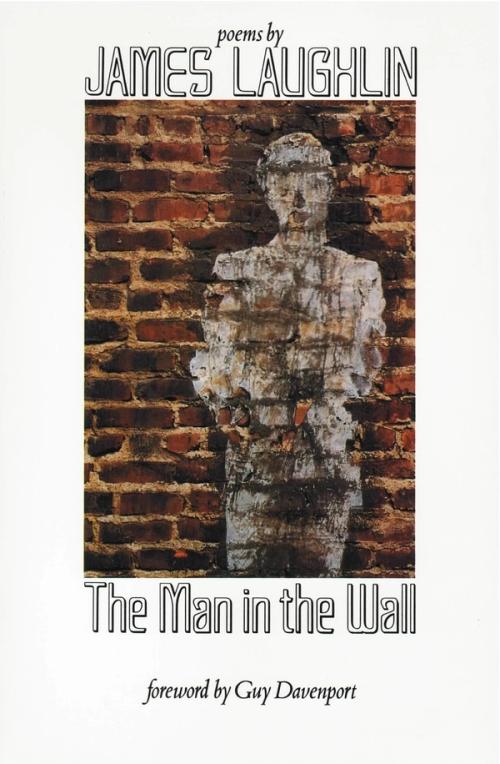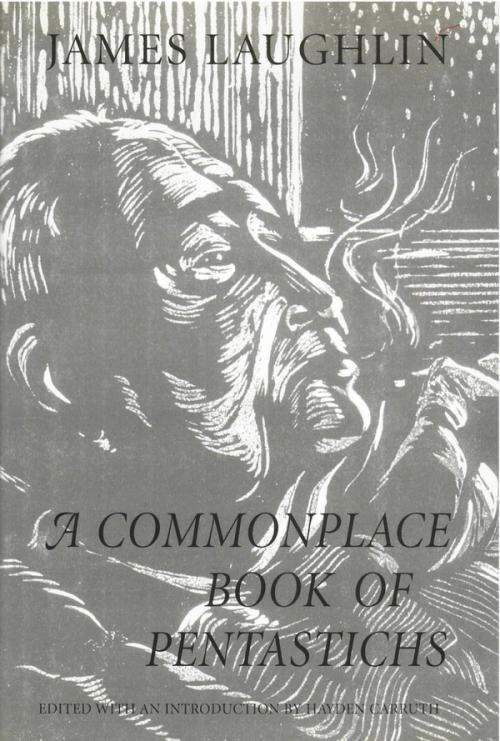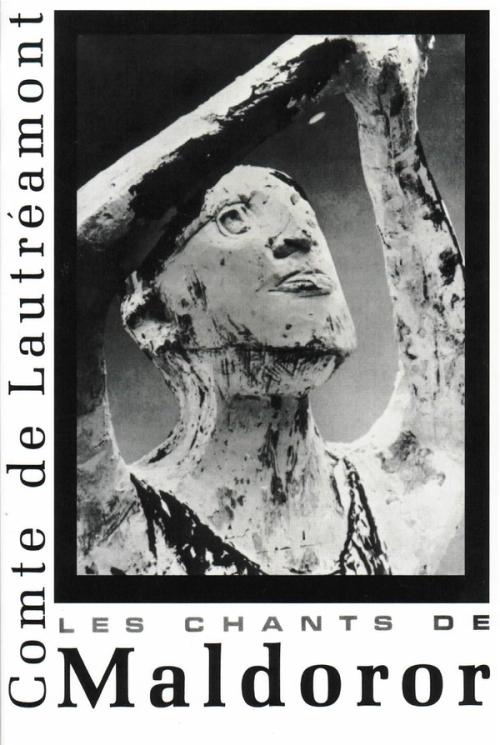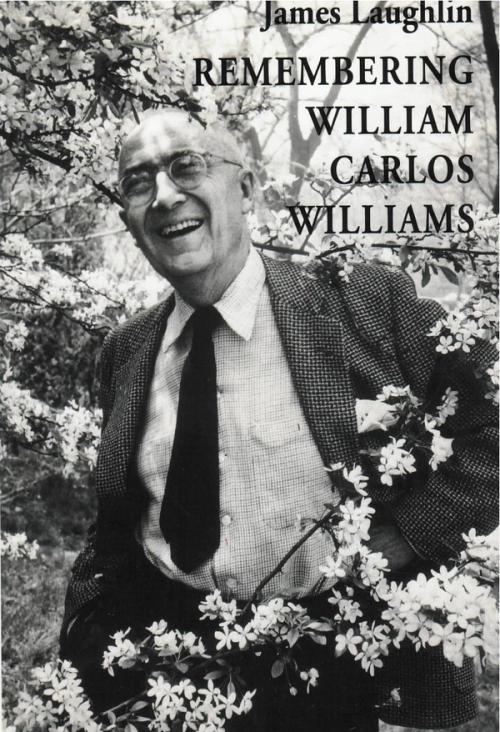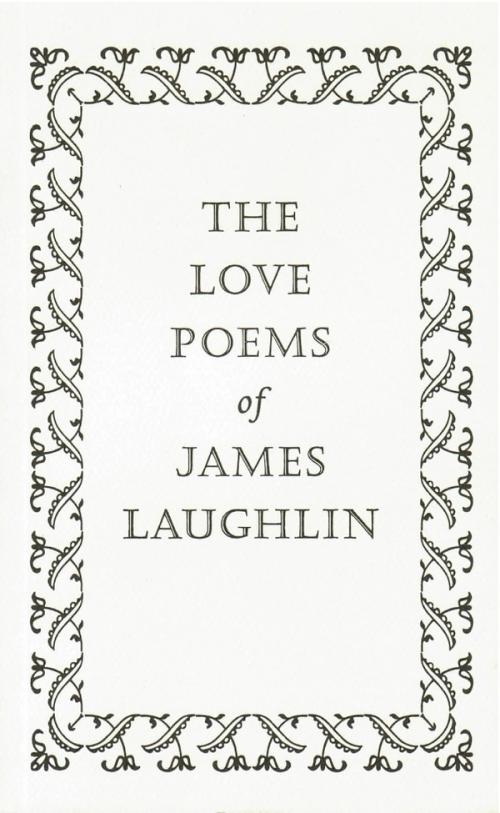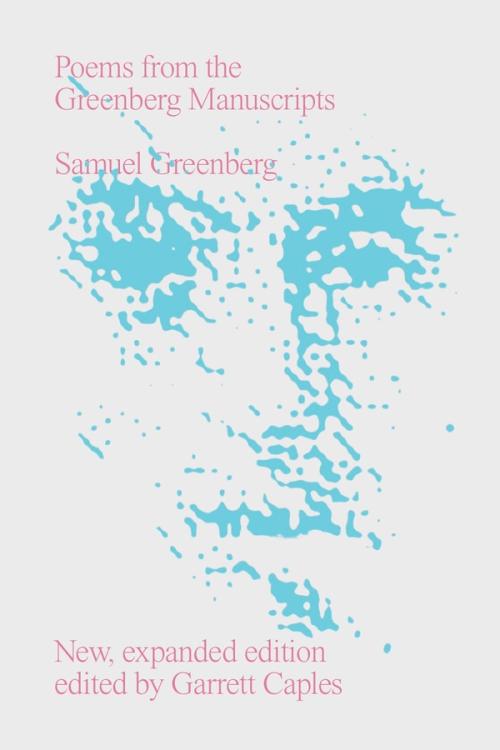Byways
Poetry by James Laughlin
Edited by Peter Glassgold
James Laughlin, the late founder and publisher of New Directions, was also a poet of elegance and distinction. Upon his death in 1997 at the age of eighty-three, he left unfinished his long autobiographical poem, Byways. Yet the man who published, promoted, and kept in print the work of some of the greatest writers of the twentieth century remained resistant for most of his life to the memoiristic impulse. In the end, he found his autobiographical voice not in conventional narrative but in verse. The scope of Byways is ambitious, weaving together family history (the Laughlins were wealthy Pittsburgh steel magnates), the poet’s early memories and travels in Europe and America with his playboy father, his student years at Harvard and his first meetings with Ezra Pound, the first decades of his publishing venture and his reminiscences of his close friendships with W.C. Williams, Thomas Merton, and Kenneth Rexroth, and not least, his many early loves. Though unfinished, Byways stands as testimony to the author’s long, influential, and productive life.
Paperback(published Feb, 01 2005)
- ISBN
- 9780811215985
- Price US
- 19.95
- Price CN
- 29
- Trim Size
- 6x9
- Page Count
- 336
Clothbound(published Feb, 01 2005)
- ISBN
- 9780811216173
- Price US
- 35
- Trim Size
- 6x9
- Page Count
- 336
